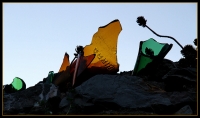- Show All
- Culture and Arts
- History & Ideas
- Non Fiction
- Politics
- Technology
- Blogs
- Journalism
- Profiles
- Interviews
- Commentary
-
If you want to make contact about any Non-fiction or Poetry item, you can contact me direct on peter at peterjukes dot com.Otherwise, when it comes to anything concerning Film, TV, stage or radio drama, the best first point of call is probably my UK agent.Howard Gooding at Judy Daish Associates (how
-
In light of the recently announced public inquiry into the murder of Daniel Morgan, I've copied below the MS portion of the chapter from my book The Fall of the House of Murdoch to aid the resource page set up by Jack of Kent. It could be a useful summation of events up to July 2012.
The Murder of
-
It's hard to believe, but at 4pm BST today it will be exactly a year since Nick Davies and Amelia Hill published online a leak from Operation Weeting, the newly recreated (third) investigation into phone hacking, and revealed that the News of the World had hacked the phone of a missing 13 year old s
-
The critically acclaimed US television drama could not be made here. We have writing talent in abundance, but its output is controlled by a stifling monopoly—the BBC. Plus, an interview with The Wire's creator David Simon
Read Prospect’s interview with The Wire’s creator David Simon, in which -
No, there is no major news about the three major investigations into multiple phone and computer hacking, bribing police officials, or perverting the course of justice by News International in the the UK. Nor is there any major development in the DOJ investigation into the parent company
-
Today in the High Court, News Group Newpapers, the News Corp subsidiary responsible for the defunct News of the World and The Sun, is settling dozens of hacking and surveillance claimsin an attempt to avoid a high court case on Feb 13th which could result in punitive damages.
There are over 60 hack
-
/images/stories/Work%20of%20Art%20in%20the%20Digital%20Domain.pdf,550,750
Plain text beneath the fold
Neither a philosopher, critic nor scholar, somehow Waiter Benjamin (born 15 July 1892) succeeded in being all three at once.His friend Bertolt Brecht called his suicide in 1940
Ger
-
For anyone following the #hackgate FOTHOM diaries, you'll know that that the slow motion crash of Murdoch's UK Empire is still developing. But it wasn't until Rush Limbaugh's recent implosion that I began to think this isn't just about News Corp, even though it is the world's 3rd biggest media group
-
Exclusive to Prospect online, the full transcript of Peter Jukes's interview with historian and author Tony Judt
Peter Jukes (right) with Judt (middle), 2007
Tony Judt died, surrounded by his family, on the evening of August 6th, 2010. The New York Times obituary can be read here. This
-
WHEN Peter Jukes let it be known last year that he was writing a book called The Fall of the House of Murdoch, a senior Sun editor emailed him to say: "Is this a joke?"
But with Rebekah Brooks and Andy Coulson both now facing charges over phone-hacking, and Rupert Murdoch slowly stepping back from
-
By Peter Jukes
June 18th 201310:46 amCharles Saatchi built up the world’s largest advertising firm and became the face of the swinging ’80s in London—only to be ousted from his own company. Peter Jukes on the reclusive man who now has been accused of choking his -
Until a few years ago, you could be climbing any chalk down in Southern England. Trails lead up from a council estate, past a recreation ground. On the slopes above, young men with tattooed arms walk their dogs. The grass is like an old rug, woven with wild flowers, cabbage whites and meadow browns.
-
English version of the article that first appeared in the Polish Magazine Krytyka Polityczna
Though it claims to be one of the world’s fasting growing religions, and now holds over $1 billion in liquid assets, last year wasn’t great for the Church of Scientology. The news that its most famous pub
-
Having seen the excellent TV series, I'm disappointed by the novelisation of Middlemarch. George Eliot's book lacks the rigour and economy of Andrew Davies' original. Long authorial interventions ruin the immediacy and the balance between the characters of Lydgate and Dorothea has been lost. A
-
Today in Parliament
As expected, the appearance of James Murdoch, the Chief Executive of News International (and related to some other famous people) before the DCMS Committee today failed to produce any huge bombshells. Let's remind ourselves that the Parliamentary Committee has no real power
-
I’ve spent much of the last year on the front line of one of the most contentious presidential nomination contests in memory—without moving from my London desk. I have been part of something historic: the first great political battle to take place in cyberspace.
For many in Britain, blogging
-
I don't just write tweets though: this New Statesman profile of Rebekah Brooks is an example of my longer form journalism...
-
THE DARK WAVE
“Looking out to sea, I noticed a dark black object travelling toward the shore. At first sight it seemed like a low range of hills rising out of the water…. A second glance – and a very hurried one at that – convinced me that it was a lofty ridge of water many feet high.”
Th
-
As my colonial cousins recover from an overdose of turkey and tryptophan, let me prod you into consciousness with the Frank Miller problem - which also allows me to post some awesome pics.
No, the Frank Miller problem isn't as simple as you think. From his slapdash rant about the OWS movement on hi
-
It was a long time coming, but inevitable six months ago. James Murdoch has stepped down as chair of News International, signalling the Fall of the House of Murdoch as the dynastic succession to Rupert's News Corp empire is finished. The official statement - which is probably worth no more than a ho



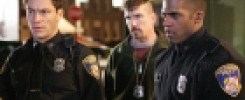

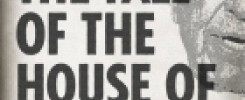






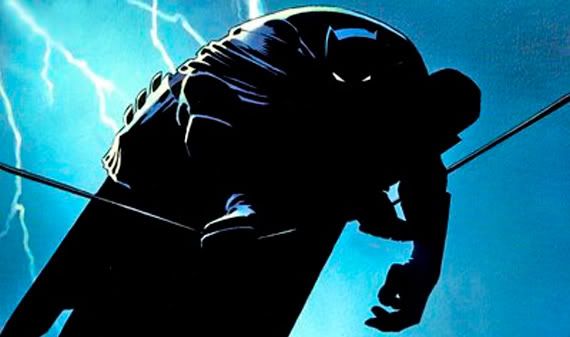 No, the Frank Miller problem isn't as simple as you think. From his
No, the Frank Miller problem isn't as simple as you think. From his 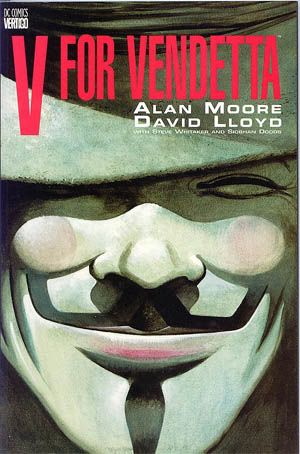 Hopefully, Miller's political rantings will make some of the Occupy supporters in London think again when they sport V-for-Vendetta masks, and therefore assume this is some left revolutionary uprising of the masses. Though Alan Moore is a much more sophisticated story teller, aware of the violent illiberal tendencies of his heroes, there's nothing in the
Hopefully, Miller's political rantings will make some of the Occupy supporters in London think again when they sport V-for-Vendetta masks, and therefore assume this is some left revolutionary uprising of the masses. Though Alan Moore is a much more sophisticated story teller, aware of the violent illiberal tendencies of his heroes, there's nothing in the 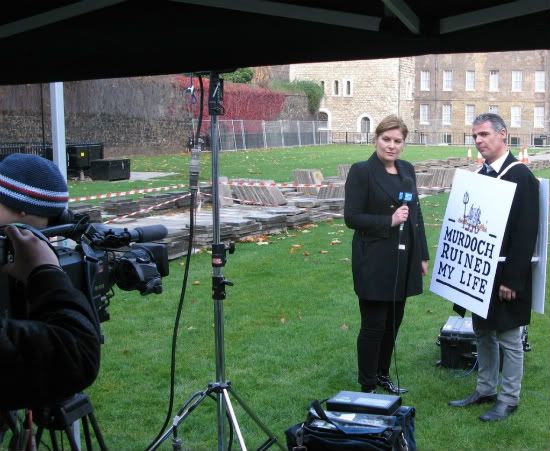
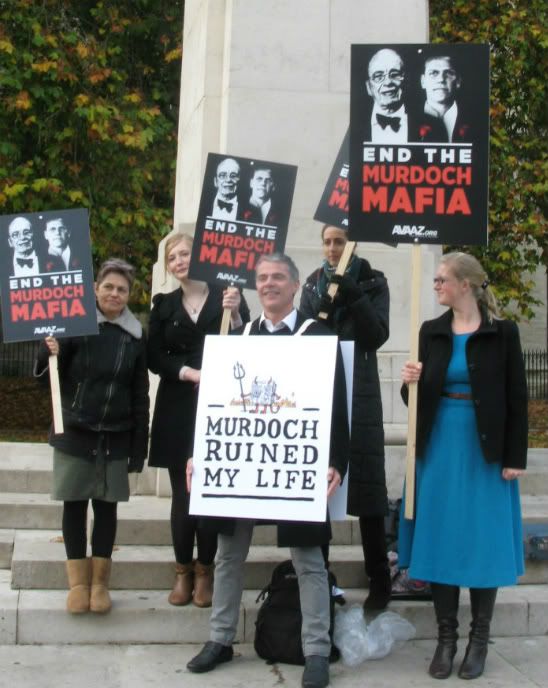
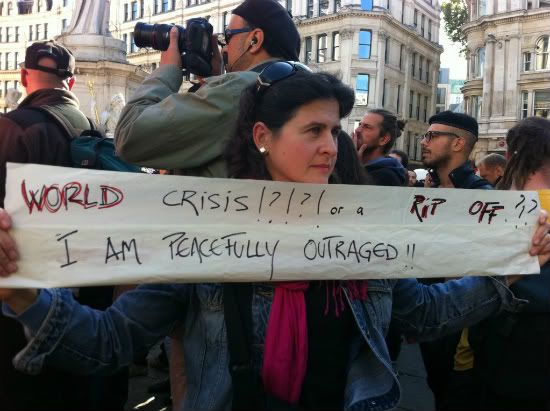
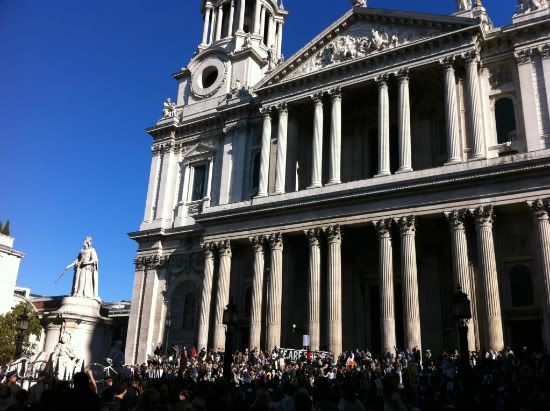

 The digital revolution has brought its prophets and mystics - the breathless theorizing of Wired or William Gibson’s disembodied cyberspace - but what it has so far lacked is a sober, wry, realist account. It is as though the Late Gothic Age were to be remembered solely through Acquinas’ theology or the visions of Dante, without a Chaucer or a Rabelais to chronicle carnal irreverent, everyday life.
The digital revolution has brought its prophets and mystics - the breathless theorizing of Wired or William Gibson’s disembodied cyberspace - but what it has so far lacked is a sober, wry, realist account. It is as though the Late Gothic Age were to be remembered solely through Acquinas’ theology or the visions of Dante, without a Chaucer or a Rabelais to chronicle carnal irreverent, everyday life. Until a few years ago, you could be climbing any chalk down in Southern England. Trails lead up from a council estate, past a recreation ground. On the slopes above, young men with tattooed arms walk their dogs. The grass is like an old rug, woven with wild flowers, cabbage whites and meadow browns. Then the next step you take is empty air.
Until a few years ago, you could be climbing any chalk down in Southern England. Trails lead up from a council estate, past a recreation ground. On the slopes above, young men with tattooed arms walk their dogs. The grass is like an old rug, woven with wild flowers, cabbage whites and meadow browns. Then the next step you take is empty air.
